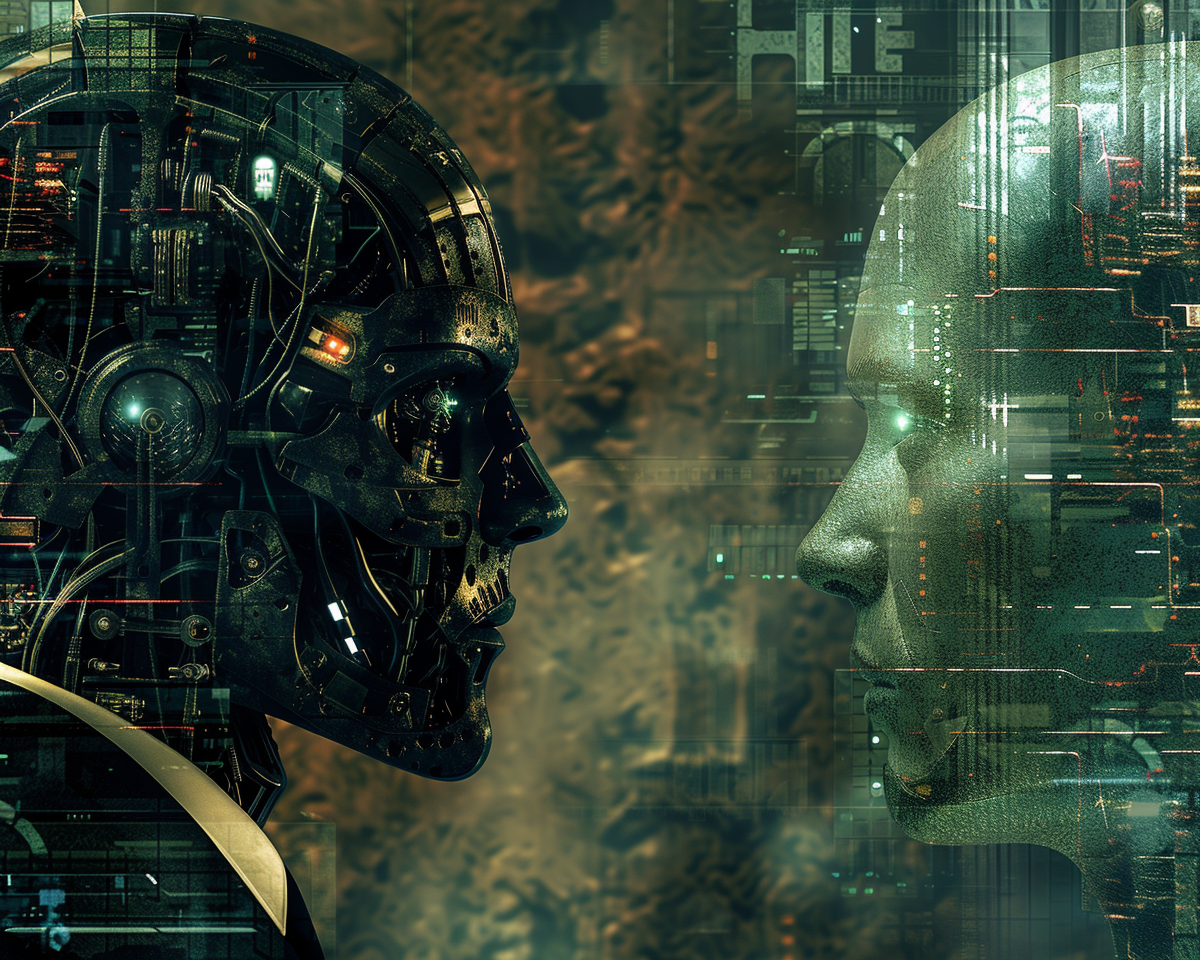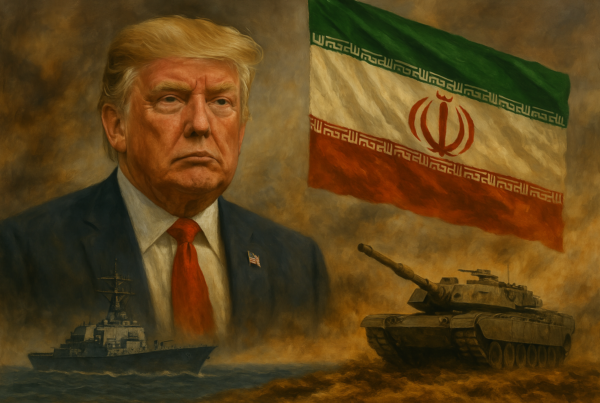To transition to the supremacy of artificial intelligence (AI), humanity itself must be conceived as a vast computer, whose components, however, do not operate perfectly.
Materialism, nominalism, evolutionism, analytical philosophy (based on logical positivism), and technocracy are preparing the theoretical foundation for this, disseminated and implemented through science, education, and culture.
In a sense, humanity, as presented by contemporary science and philosophy, is already an AI, a neural network. AI is human to the extent that human thought is artificially emulated by the epistemologies of modernity and postmodernity.
- The bourgeois state is a first-generation computer.
- Civil society is the second.
- The complete dominion of a world government, the third.
- The transition to AI, the fourth, finalizes the process of alienation.
The history of capitalism is a process of creating a supercomputer. Halting midway is not an option. The modern era inevitably culminates in AI.
To change this, one must entirely reject modernity, with its whole anti-theistic and anti-humanistic scientific worldview.
Gender philosophy is the penultimate stop on this route: transgenders are a warm-up before transitioning to trans-human beings (human — optional). Having rejected Christianity and the Middle Ages, the West, like the Gaderene swine, rushed headlong towards the cliff. It is no surprise that we find ourselves hurtling downwards…
AI is the final stop. But we boarded this train 500 years ago. The only way to change something is to derail capitalism now.
Otherwise, welcome the Dragon.
And the meta-structure is a fully developed ontology of post-human landscapes — the genocide of the subject in favour of the Great Beyond (read as ‘divine jesters’ — their metaphor, not ours!).
The modern world is ruled by the Great Beyond. In its path lies Novorossiya1. The Special Military Operation is a philosophical war.
The task of the Russians is to overcome cyber-reality. Avoiding it will hardly be possible. It will be necessary to ride the tiger and turn poison into medicine. The Russian Idea must prevail and subjugate not just Ukraine but artificial intelligence. Such are the stakes.
Despite the unavailability of Alexander Dugin’s books on Amazon in the US, they can still be purchased here.
The Donetsk and Lugansk regions.








That is true!
Maybe overcoming this fiendish ‘super-computer’ that is the (post)modern bureaucracy consists of an honest acceptance of AI? Instead of making humans imitate computers, let’s leave that to the computers. The same goes for replicas in literature and art: computers are great at copying, so let them do that. Is the extended implication of AI a return of respect for the humanities and quality in literature?
A good example of the contemporary paradigm’s inability to separate man from machine is modern virology (see Stefan Lanka or Katerina Sugak). Just as a computer can be infected with a virus, so can a human being. There are no bacterial counterparts for computers, though, and computer viruses can’t directly affect the hardware. If the analogy of the computer virus is interpreted figuratively, it all seems to be ‘discourse’, affecting the software.